Carmakers are transforming their supply chain and logistics strategies and adopting the latest technology to better manage the increasing complexity in global vehicle manufacturing. This complexity is the consequence of a number of factors, including the hesitant shift to electrification, greater efforts to decarbonise operations and products, and a risk-management mindset that is leaning toward localisation and nearshoring. Added to this are the perennial problems caused by geopolitical disruption, capacity constraints, labour disputes and climate change.
In our cover feature, on page 28, Enric Martí, director of logistics at Seat, outlines the historical transformation taking place at the carmaker’s Martorell factory in Spain, which is integrating advanced digital technologies for in-plant logistics. Martorell is the third largest factory in the VW Group in terms of production volume and Martí tells us about how smart logistics and artificial intelligence are supporting the further growth in the production of Seat and Cupra vehicles at the plant.
At GM transformation is about balancing production and customer care. On p34 Heather Latham, director of supplier management – customer care and aftersales at GM, reveals, that the company is focused on unifying its supply chain strategy to create a more cohesive, customer-focused approach. This change is not just about restructuring operational processes but also involves a deep cultural shift across GM’s internal teams and external supplier relationships.
At Volkswagen, meanwhile, the logistics landscape for its Mexican operations is undergoing significant transformation, including for its own inbound and outbound logistics teams. The growth of EV production and demands for more sustainable production and supply are putting pressure on the heads of production and logistics. In this edition Peter Koltai, senior director for production control and logistics at Volkswagen de Mexico explains how the carmaker is navigating these changes using predictive analytics, artificial intelligence (AI) and enhanced regional collaboration to tackle supply chain challenges head-on.
Sustainability is also transforming production at BMW through what vice-president of engineering Roberto Rossetti describes as a continuously improving ‘design for circularity’ approach. That includes greater reuse of secondary materials, which is already bringing results and leading to demand for reverse logistics in the recovery of those materials.
For Aleksej Kruekov, who used to work for BMW but now works for battery maker CATL, there can be no transformation without closer and long-haul collaboration between OEMs, suppliers and logistics providers. This, he tells us on p46, is the foundation for the future of supply chain digitalisation and depends on strong governance and secure data communication. It is a lesson the finished vehicle logistics sector needs to learn according to the results of our Systems and Software Survey, which you can read about on p14.
Another transformation taking place is in the editorship of Automotive Logistics magazine. This will be my last edition as editor as I am emigrating to the United States. However, it will not be a complete disappearance from these pages just yet and I look forward to further collaboration with our esteemed industry peers to bring more intelligence to the automotive logistics community. A big thanks to everyone who has given their very valuable time and industry knowledge for the benefit of our readership.
Read about the efforts being made in the print or digital page turner formats, or by following the links below to read on our website.
Features include:
-
Mexico is now the seventh largest auto producer with 3.8m vehicles made and exporting 3.3m units globally | read online ↗️
-
GM’s “act as one team” philosophy is redefining supplier partnerships and strengthening internal culture | read online ↗️
-
Peter Koltai highlights the power of predictive analytics and holistic logistics in shaping a resilient EV production network | read online ↗️

























![Global[1]](https://d3n5uof8vony13.cloudfront.net/Pictures/web/a/d/s/global1_726550.svgz)










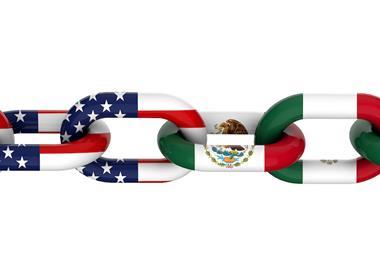

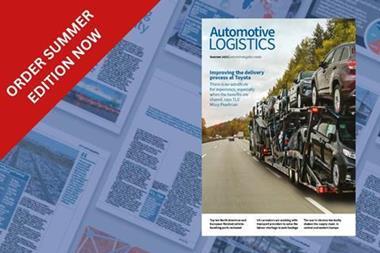
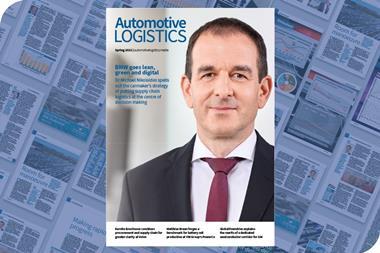
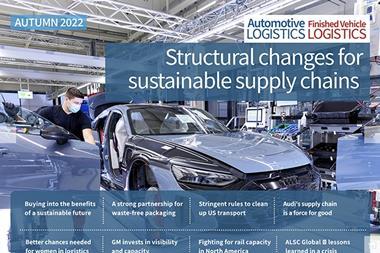
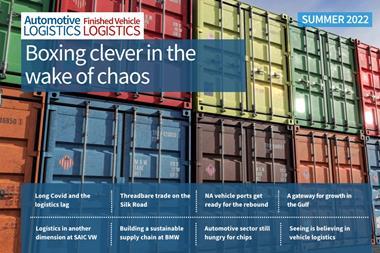
No comments yet